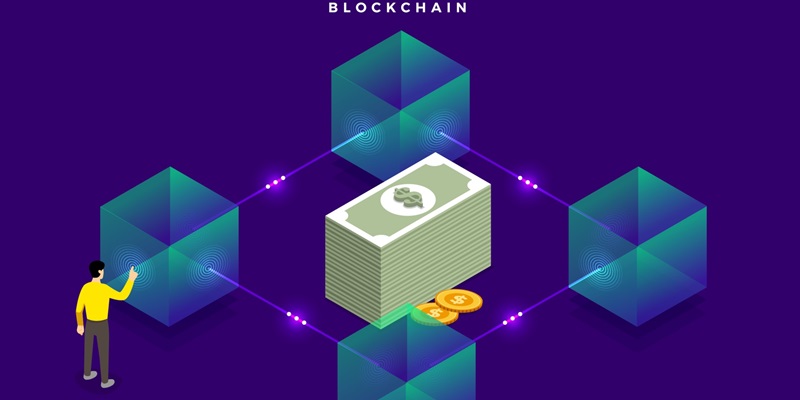Energy tokenization is transforming the landscape of asset management and investments through the innovative use of blockchain technology. This pioneering method converts tangible energy assets into digital tokens, offering a secure and transparent way to divide these resources into more manageable, smaller units. Such tokenization enables broader accessibility and investment opportunities by allowing both investors and everyday consumers to partake in the ownership of energy assets. By fractionalizing these assets, individuals can invest in energy markets without the traditionally high barriers to entry. Furthermore, blockchain’s innate security and transparency bolster trust in the investment process, ensuring that trades and ownership records are both accurate and immutable. Energy tokenization thus stands at the forefront of a new digital revolution in the financial interaction with the world’s vital energy resources, democratizing the ability to contribute to and benefit from the energy sector.
The Emergence of Energy Tokenization
A New Era for Energy Assets
Energy tokenization is a groundbreaking development in energy management and investment. By converting large energy assets into smaller, tradable tokens, it substantially lowers the investment threshold. This innovation invites a more diverse range of investors by allowing participation with smaller financial contributions. These tokens act as shares in energy projects, and investors receive returns based on the energy output, seamlessly linking financial incentives with the push for renewable energy adoption. Thus, this approach democratizes energy investments while encouraging sustainable energy production. It’s a win-win for both investors seeking new opportunities and a planet in need of cleaner energy solutions. Energy tokenization not only democratizes the energy market but also aligns economic agendas with environmentally friendly practices, fueling progress toward a more sustainable future.
Blockchain: The Backbone of Tokenization
Blockchain technology is a crucial pillar in the realm of energy tokenization, offering a transparent and foolproof system for handling transactions. Within this innovative framework, every token is meticulously chronicled on the blockchain ledger, creating an unalterable record that solidifies the legitimacy of ownership and transaction history. This robust mechanism drastically curtails the likelihood of fraudulent practices and refines the trading mechanism, enhancing speed and efficiency.
Importantly, the decentralized structure inherent to blockchain permits a more equitable distribution of power within energy markets. It grants consumers a much more participatory role, potentially revolutionizing how we engage with energy production and distribution systems. By leveraging the security and transparency afforded by blockchain, energy tokenization enables individuals to confidently and directly invest in energy assets. This shift not only democratizes energy trading but also fosters a more connected and accountable energy network, pushing us closer to a future where energy transactions are seamless, fair, and in the control of the many rather than the few.
Tokenization in Real Estate
Unleashing Potential in Property Investment
Tokenization in real estate is revolutionizing how we think of property and energy management. Property owners can now tokenize parts of their energy infrastructure, such as solar panels or wind turbines. This breakthrough opens up a new stream of investments and makes the property more attractive by emphasizing its green credentials. For investors, this means a simpler way to get involved in real estate. By buying tokens, they can own pieces of the property’s energy infrastructure, leading to a steady stream of passive income from the energy produced. This not only appeals to those looking for greener investments but also to prospective homeowners interested in sustainable living. Owning tokens in energy assets is an investment in the property’s sustainable future, marrying economic returns with environmental stewardship. This innovative pathway boosts the property’s value and cultivates a new approach to energy and real estate investment.
Democratizing Access to Energy and Real Estate
Tokenizing energy assets within real estate, such as solar panels in a housing complex, is revolutionizing investment access and participation. Residents can now invest in these assets, reaping savings on power costs and earning from excess energy. This innovation democratizes energy investment, allowing community members to actively partake in and manage their energy sources.
This shift not only alters investment trends but also paves the way for sustainable, community-driven energy solutions. By enabling residents to be both consumers and investors, tokenized energy assets encourage a collaborative approach to energy management. The change signifies a movement towards more equitable and eco-friendly living spaces, pushing forward the concept of local energy grids operating independently. The tokenization of energy in the real estate industry indicates a transformative move to more autonomous, greener living spaces.

